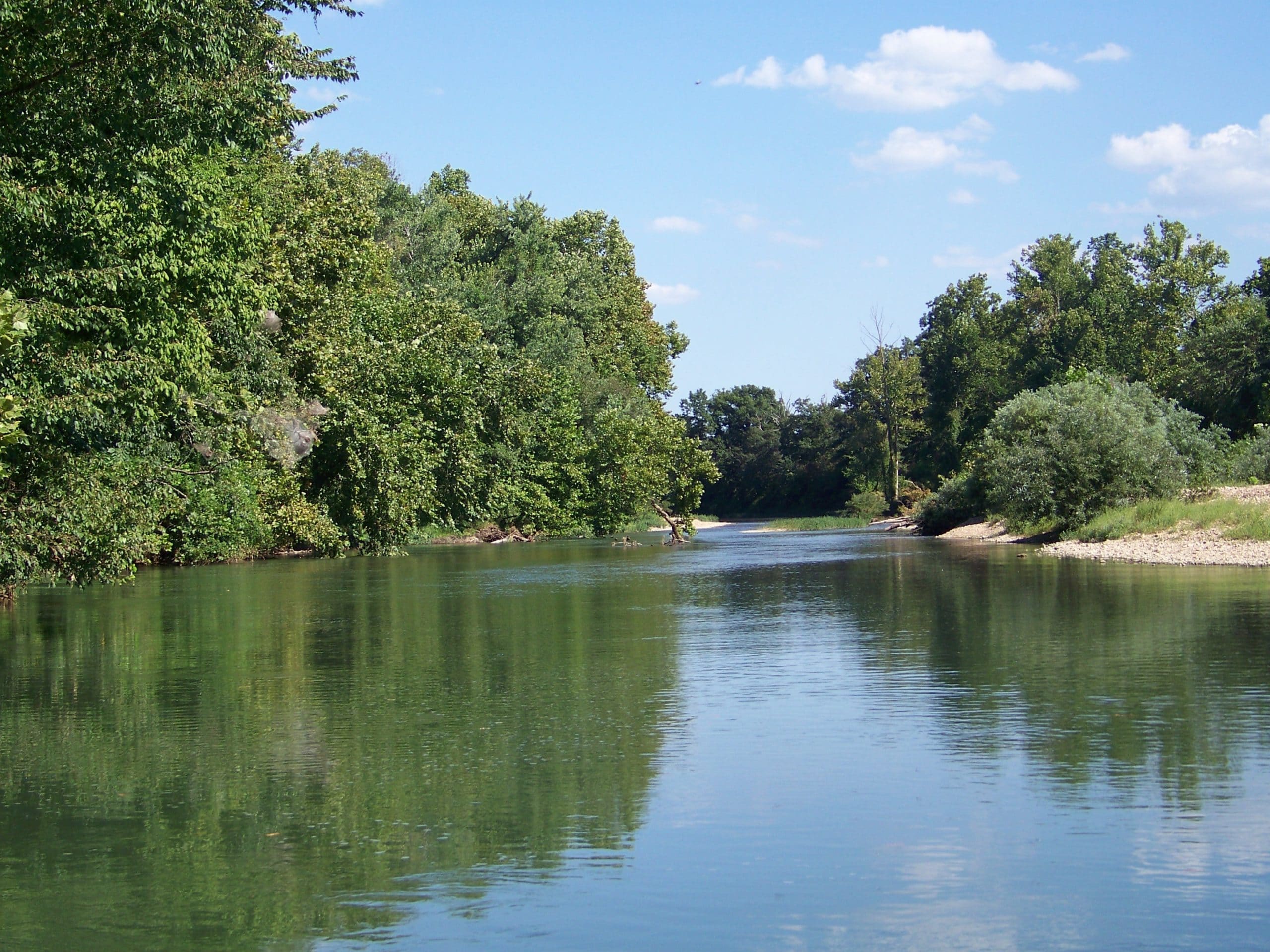Oklahoma Poultry Project Named as an RCPP FY20/21 Classic Award Recipient
The Oklahoma Conservation Commission (OCC) has learned that the Oklahoma poultry project has been named as a Regional Conservation Partnership Program (RCPP) FY20/21 Classic Award Recipient.
Through RCPP, conservation partners work in collaboration with the USDA Natural Resources Conservation Service (NRCS) to help farmers, ranchers and forest landowners throughout the nation to implement systems that conserve water and soil resources, improve the health of wildlife habitats and increase climate resilience.
RCPP partners offer value-added contributions to amplify the impact of RCPP funding. These projects offer impactful and measurable outcomes. Throughout its history, RCPP has leveraged partner contributions of more than $1 for every $1 invested by USDA, resulting in nearly $3 billion collectively invested in natural resource conservation on private lands.
NRCS is investing $330 million in 85 locally driven, public-private partnerships to address climate change, improve the nation’s water quality, combat drought, enhance soil health, support wildlife habitat and protect agricultural viability. Projects are awarded through the Regional Conservation Partnership Program (RCPP).
This Oklahoma recipient, regarding environmental issues, is the Poultry Farms Regional Conservation Partnership Program Project: Neighbors Helping Neighbors.
“The purpose is to bring poultry growers and their neighbors together with technical experts to discuss challenges of living near a large facility and implement solutions designed to reduce those impacts,” said Shanon Phillips, the Oklahoma Conservation Commission Water Quality Division Director. “Neighbors have been concerned with domestic water rights, water quality, traffic, dust and odors, and other issues. Project partners will use conservation practices, education, and other supporting programs to help neighbors address these challenges. A respectful dialog between neighbors and growers should help address issues but should also help the industry and partners consider better opportunities for future expansion. Recognition of current steps taken to reduce impacts from the industry will help identify and prioritize the challenges remaining.”
The project will focus in poultry growing areas of eastern Oklahoma and will primarily work directly between poultry growers and their immediate neighbors. On a larger scale, it will protect natural resources in eastern Oklahoma while also supporting the important regional poultry industry.
This project is made possible by the grant from the USDA NRCS with support and partnership provided by the Grand River Dam Authority (GRDA), the Poultry Integrators in eastern Oklahoma, the Cherokee Nation, and with funding from the state legislature and U.S. EPA Section 319 program.
Phillips was asked how it will be implemented.
“Partners will set up small working groups among individual growers and their neighbors to identify problems,” Phillips said. “These working groups will be supported by technical experts necessary to consider potential solutions including representatives of USDA NRCS, Conservation Districts, GRDA, Oklahoma Water Resources Board (OWRB), county commissioners, poultry integrators, and others, depending on the type of problem. The project will also help USDA evaluate some emerging conservation practices that may be more widely used in the future to minimize impacts from poultry operations.”
“This project not only benefits the environment, but will also positively impact the economy and quality of life for all Oklahomans. It also fits well with GRDA’s overall natural stewardship mission and we are proud of the part we can play to make it possible,” said Justin Alberty, GRDA VP of Corporate Communications.
Tyler Norvell, Director of Oklahoma Operations for The Poultry Federation, said, “We are excited to hear that this project is an NRCS RCCP award recipient because it will help us move forward in our dual roles as a good neighbor and a significant economic contributor to the state.”
The timeline for the project will begin in the summer of 2021 and last through 2025 or 2026.
“The Regional Conservation Partnership Program is public-private partnership working at its best,” said Terry Cosby, Acting Chief for USDA’s Natural Resources Conservation Service. “These new projects will harness the power of partnership to help bring about solutions to natural resource concerns across the country while supporting our efforts to combat the climate crisis.”
There are currently 336 active RCPP projects that have engaged more than 2,000 partners. For more information, visit the RCPP website.
